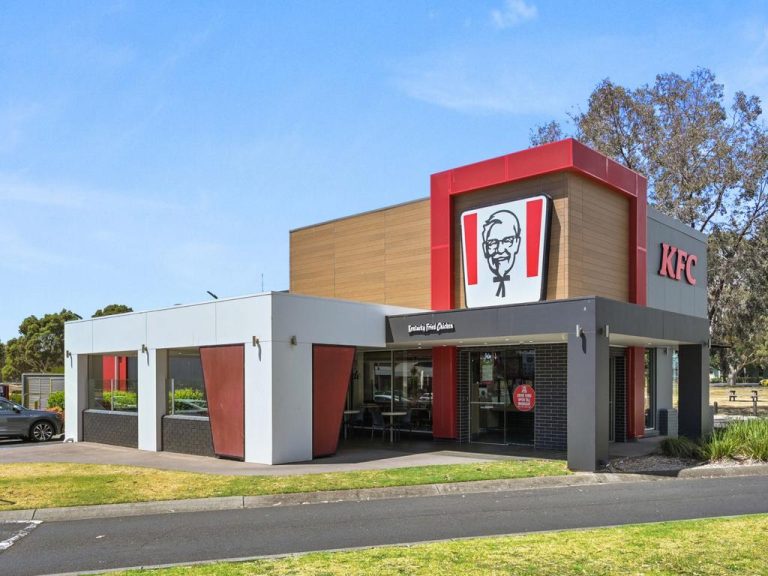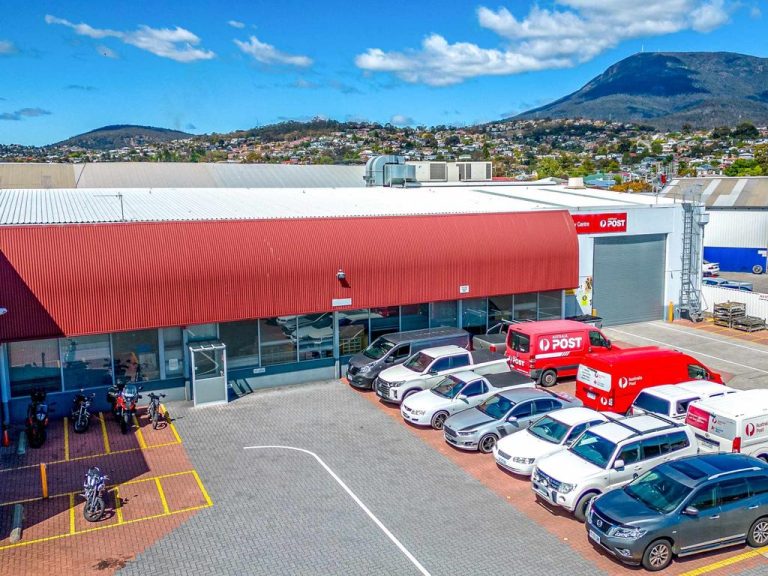GST on Commercial Property

If you’re investing in commercial property in Australia, there’s a good chance you’ll have to pay GST.
In fact, planning ahead and factoring goods and services tax (GST) into your budget is a normal part of the property investment journey.
The rules around GST can be complex, and particularly when it involves GST credits and refunds. In some cases, you may not have to pay GST at all.
Investors should acquaint themselves with the rules and seek professional advice before purchasing or selling a property, but here are some key tips as you set out to invest.
Do you need to pay GST on commercial property?
In most cases, yes, you will be required to pay GST on a commercial property purchase.
Whether buying, selling or leasing, you will be classified as an enterprise and according to Australian Tax Office, once an investor or developer’s turnover is at or above $75,000, they are liable to pay GST.
Whether you’re buying an office building, medical centre, hotel or retail store and even if it is a one-off transaction, GST will more than likely be included in the final price.

GST is payable on most commercial property purchases.
Can you claim GST?
The good news is that commercial property buyers are usually entitled to claim GST credits.
But according to Pitcher Partners’ Craig Whatman, purchasers need to do their due diligence or they risk losing out on substantial amounts of money.
“You need to understand whether you are paying GST firstly, and whether you will be able to claim that GST back as a credit,” he says.
To be eligible for GST credits the following conditions need to be met:
- GST must have been paid at settlement
- Both the buyer and vendor must be GST registered
- Tax invoices must be kept for goods and services being claimed
- Deductions must be lodged within four years
- The property cannot be part of a GST-free ‘supply of a going concern’ or sold using the margin scheme
Registering for GST as a vendor
Before putting a property on the market, it is recommended that a seller apply for an Australian Business Number (ABN) and register for GST with the tax office.
Once this occurs a rate of 10% must be added to the sale price.
For example, if you are selling a property for $1 million, the contract would be $1.1 million (GST inclusive), with $100,000 to be paid to the ATO upon settlement.
If the vendor doesn’t register but is liable to pay GST, they will be required to pay out of their own pocket.
This means if a property sold for $1 million excluding GST, the seller would owe $100,000 and would therefore take home only $900,000 from the sale, demonstrating why not registering for GST can be a costly oversight.
Failing to register and pay GST when applicable may also attract a penalty from the ATO.

GST does not apply in all scenarios.
When does GST not apply?
When a property is part of a GST-free ‘supply of a going concern’ then GST does not apply. And if a buyer is sold a property under this circumstance, they will not be entitled to claim any GST.
Supply of a going concern
A commercial property that is subject to a lease or is part of a business where the property is a necessary asset to the operating business structure, can be classified as a ‘going concern’ and GST will not be payable, according to Whatman.
“The main circumstances where this applies is where you have a commercial property, such as a CBD office building, that is subject to a lease, where the property is sold to a new owner,” he says.
“The going concern being the leasing enterprise that is in place.”
“What that means is there is no GST payable on the transaction and that also assists the purchaser from a stamp duty perspective because stamp duty is payable on the full price of a property including GST.”
For a property to be classified as a ‘going concern’ both the vendor and the buyer must agree in writing at the time of sale.
Applying the margin scheme
When selling a property as part of a business, a vendor may be eligible to use the margin scheme to reduce the amount of tax owed on a sale.
Usually this technique is applied to properties purchased before July 1, 2000 or if the property was GST-free or bought from a vendor who was not GST registered.
Under this scheme, the vendor pays one-eleventh of the margin instead of 10% of the sale price.
According to Whatman, one way to calculate the margin is by subtracting the amount originally paid for the property from the sale price.
“If you had a property that was worth $1 million when GST came into effect that was subsequently developed and sold for $10 million, then you could deduct the $1 million from the $10 million and only pay GST on the incremental value, being the $9 million,” he says.
Alternatively, vendors may calculate the margin using backdated property valuations, but will need to seek professional help to do so.
Whether you can use the margin scheme depends on how and when you purchased your property, and the seller must also have written agreement from the purchaser before settlement.
Despite the scheme’s complexities it is worth a vendor’s consideration, Whatman says, as it may significantly reduce the amount of tax paid – particularly for residential developers.

The margin scheme can significantly reduce residential developers’ tax bills.
Thinking of not paying GST?
Think again.
In a small number of cases investors are not aware or downplay the importance of incorporating GST into their investing strategy, but Whatman warns it is not worth the risk.
“Property is a high value transaction, so it’s an obvious target,” he says.
“The tax office also has a very sophisticated review and audit function now, in respect to the property industry, and that is expanding and reaching more of the developers outside the big end of town.”
Should you seek help?
While standard GST transactions is straightforward, once things move into credits and refunds “it can trip you up”, according to Whatman.
Given the large sums of money involved, seeking guidance from a professional is a smart move.







